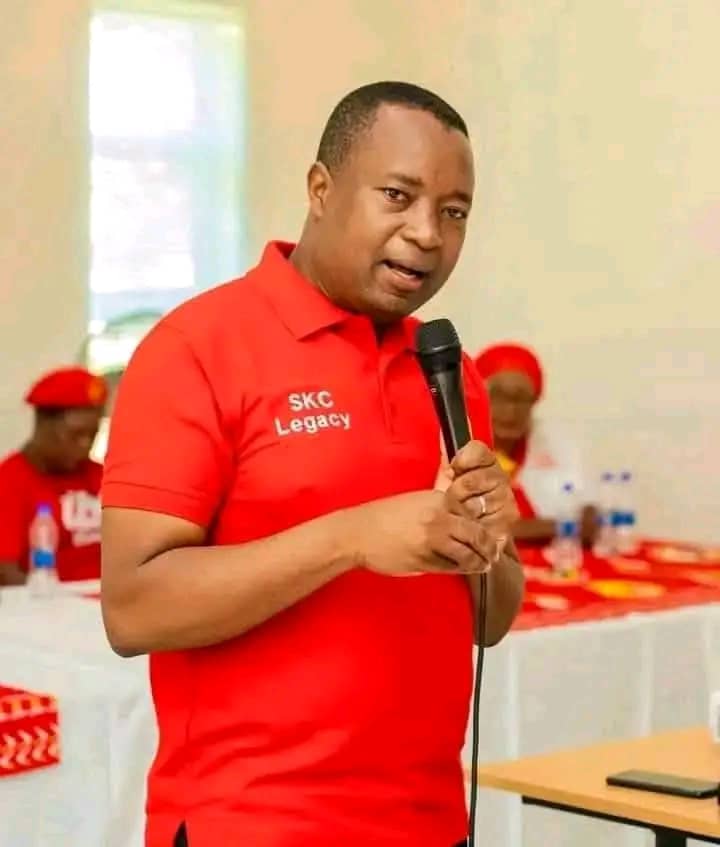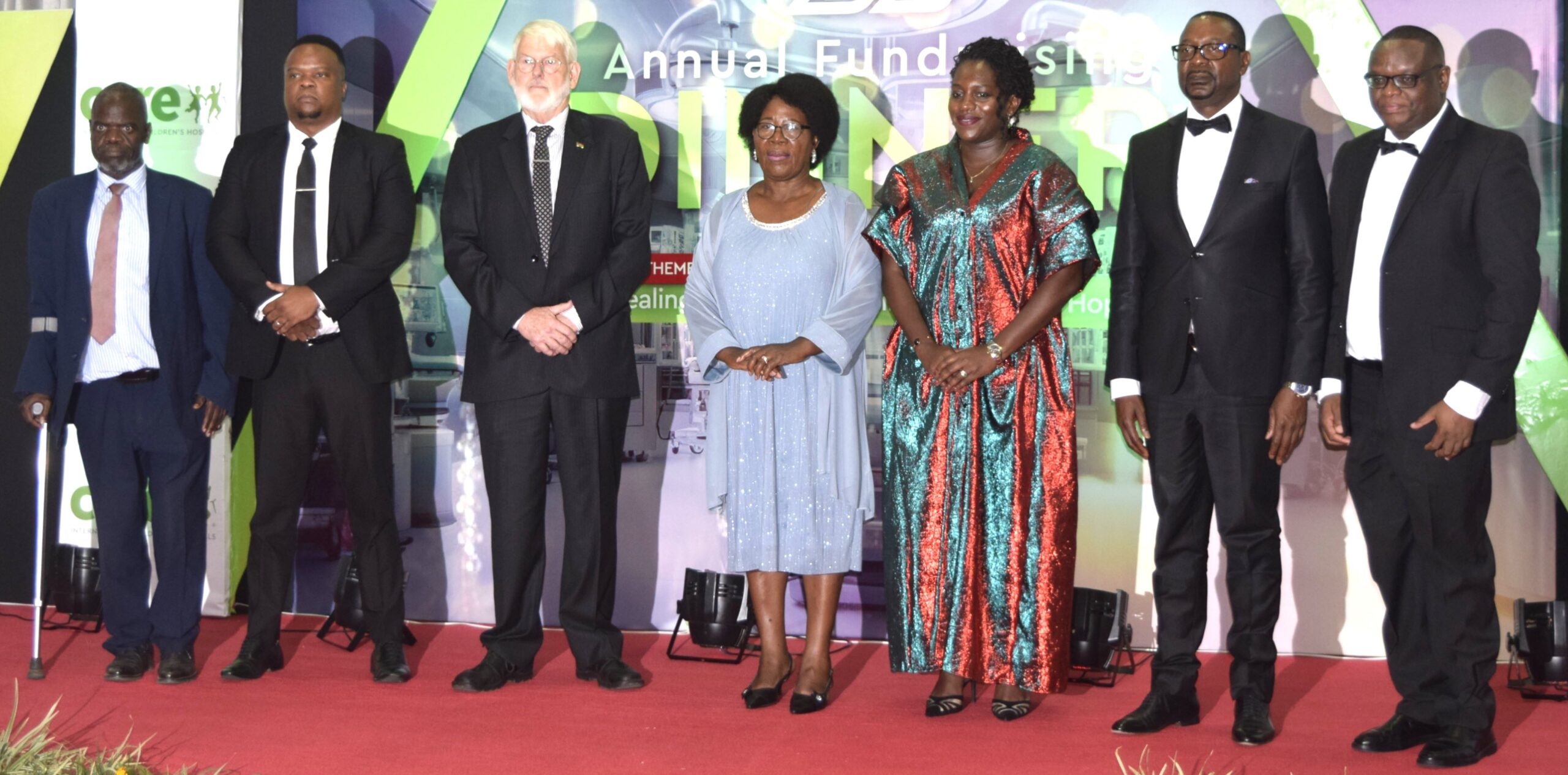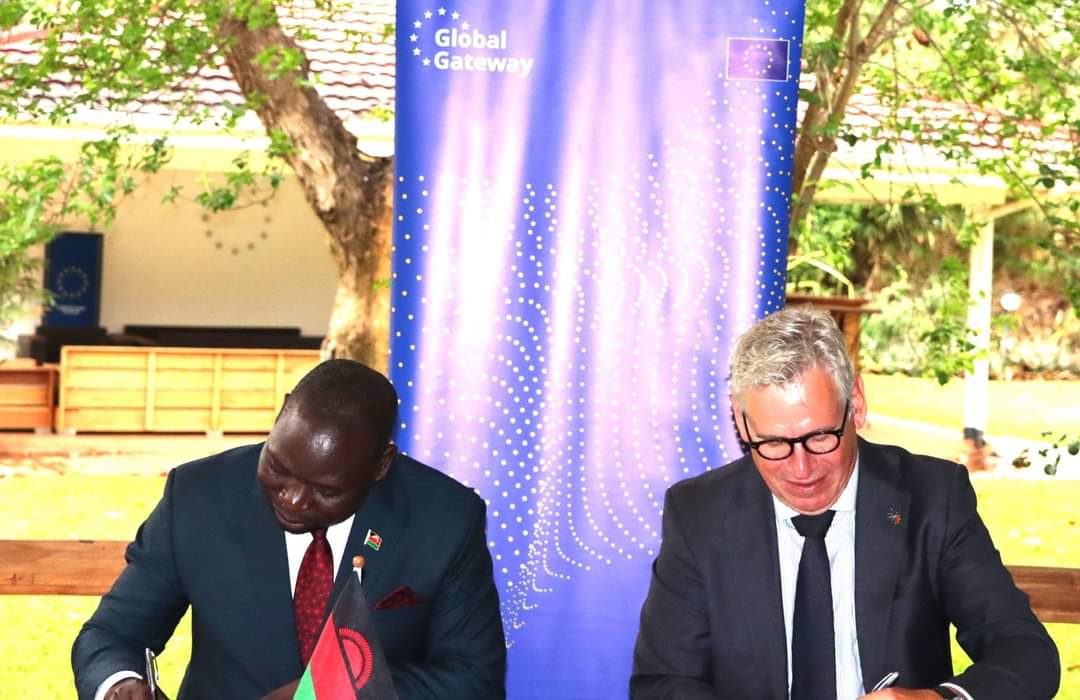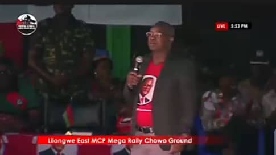By Burnett Munthali
The race for Malawi’s presidency in the upcoming 2025 General Election continues to gather momentum, with the Malawi Electoral Commission (MEC) confirming that a total of eleven individuals have so far collected nomination papers.
According to MEC’s Director of Media and Public Relations, Sangwani Mwafulirwa, the most recent update came at the close of business on June 17, 2025.
On this date, only one additional candidate collected the nomination papers for the presidential race.
That candidate is Dalitso Kabambe, who collected the papers under the banner of the United Transformation Movement (UTM).
Kabambe’s entry is particularly notable, given the speculation and anticipation surrounding his potential candidacy over recent months.
This latest addition brings the total number of presidential hopefuls who have collected nomination papers to eleven.
The full list represents a wide political spectrum, including party leaders, independents, and political veterans.
The list is as follows: Milward Tobias (Independent), Adil James Chilungo (Independent), Lazarus McCarthy Chakwera (Malawi Congress Party), Kondwani Nankhumwa (People’s Development Party), Akwame Bandawe (Anyamata, Atsikana, Azimayi – AAA), Joyce Banda (People’s Party), Atupele Austin Muluzi (United Democratic Front), Reverend Hardwick Kaliya (Independent), Arthur Peter Mutharika (Democratic Progressive Party), Frank Tumpale Mwenifumbo (National Development Party), and now Dalitso Kabambe (UTM).
This diverse list reflects the highly competitive and unpredictable nature of the 2025 presidential election.
With both seasoned politicians and new entrants in the mix, Malawians are expected to witness a dynamic and possibly fragmented electoral campaign season.
As the political landscape takes shape, the Malawi Electoral Commission continues to play a critical role in facilitating a transparent and inclusive nomination process.
Observers and citizens alike are now closely monitoring how each candidate will position themselves on key issues such as economic reform, governance, corruption, and youth employment.
With nomination papers still available, it remains to be seen whether more candidates will join the growing list of contenders.
The current list already indicates a broadening of the democratic space, giving voters more options and voices to choose from in shaping the country’s future.
As the election season intensifies, all eyes will be on how these candidates engage with the electorate and differentiate their visions for Malawi.




